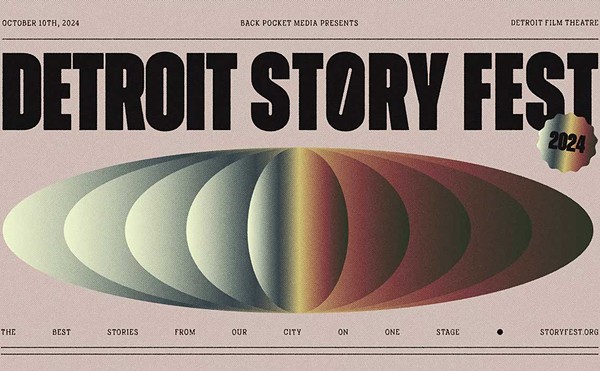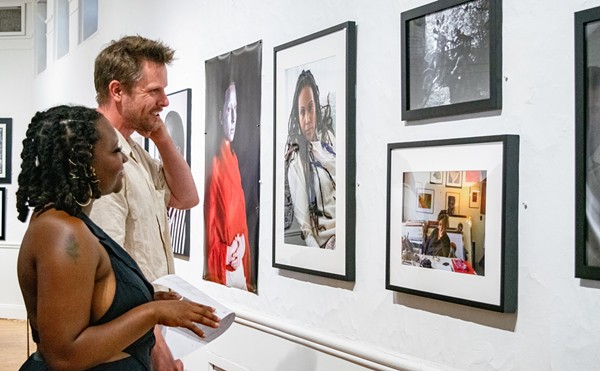Although this 1948 film, Akira Kurosawa’s seventh directorial feature and his first collaboration with Toshiro Mifune, has been often referred to as a film noir, its gritty depiction of a city’s underbelly seems closer to Italian neo-realism. Mifune’s tubercular gangster, his cheeks theatrically darkened to denote his progressive dissolution, seems like a throwback to German Expressionism (specifically the dead-alive look of Cesare in The Cabinet of Dr. Caligari). Add to this the aggressive and distinctly Japanese acting styles of Mifune and Takashi Shimura as the doctor who treats him and you have something richer and stranger than film noir, a work generally acknowledged as the first classic in the Kurosawa canon.
The drunken angel of the title is Shimura’s Dr. Sanada, who develops a grudging relationship with the surly Matsunaga (Mifune) after treating him for a gunshot wound in the hand. Sanada is an alcoholic who, after a promising career start, has ended up in the slums treating gangsters and prostitutes. Sanada recognizes Matsunaga as a fellow lost soul and tries to help him battle his TB, but the stubborn punk is too locked into his downward spiral. Their heated encounters, which often end up as full-out brawls, take place against the seedy backdrop of occupied Japan’s economic blight and flourishing underworld.
It’s a grim bit of poetry that only loses its grip during a maudlin ending. And there’s one sequence which Sam Fuller would have been proud to claim, a fight to the death between two rival gangsters. It starts in a small room, moves into a closet, out into a hallway, and then slithers over some spilled paint and into the outdoors. Here, a descending crane shot closes in on the dying loser, accompanied by excruciatingly sad orchestral music. It’s very over-the-top and very beautiful, and such an unexpectedly audacious visual outburst in what is a generally well-composed film that it’s like an early signature scrawled by a genius-in-waiting. It’s Kurosawa announcing his arrival.
Showing exclusively at the Detroit Film Theatre (inside the DIA, 5200 Woodward Ave., Detroit), Monday at 7:30 p.m. Call 313-833-3237.
Richard C. Walls writes about film for Metro Times. E-mail him at [email protected].





